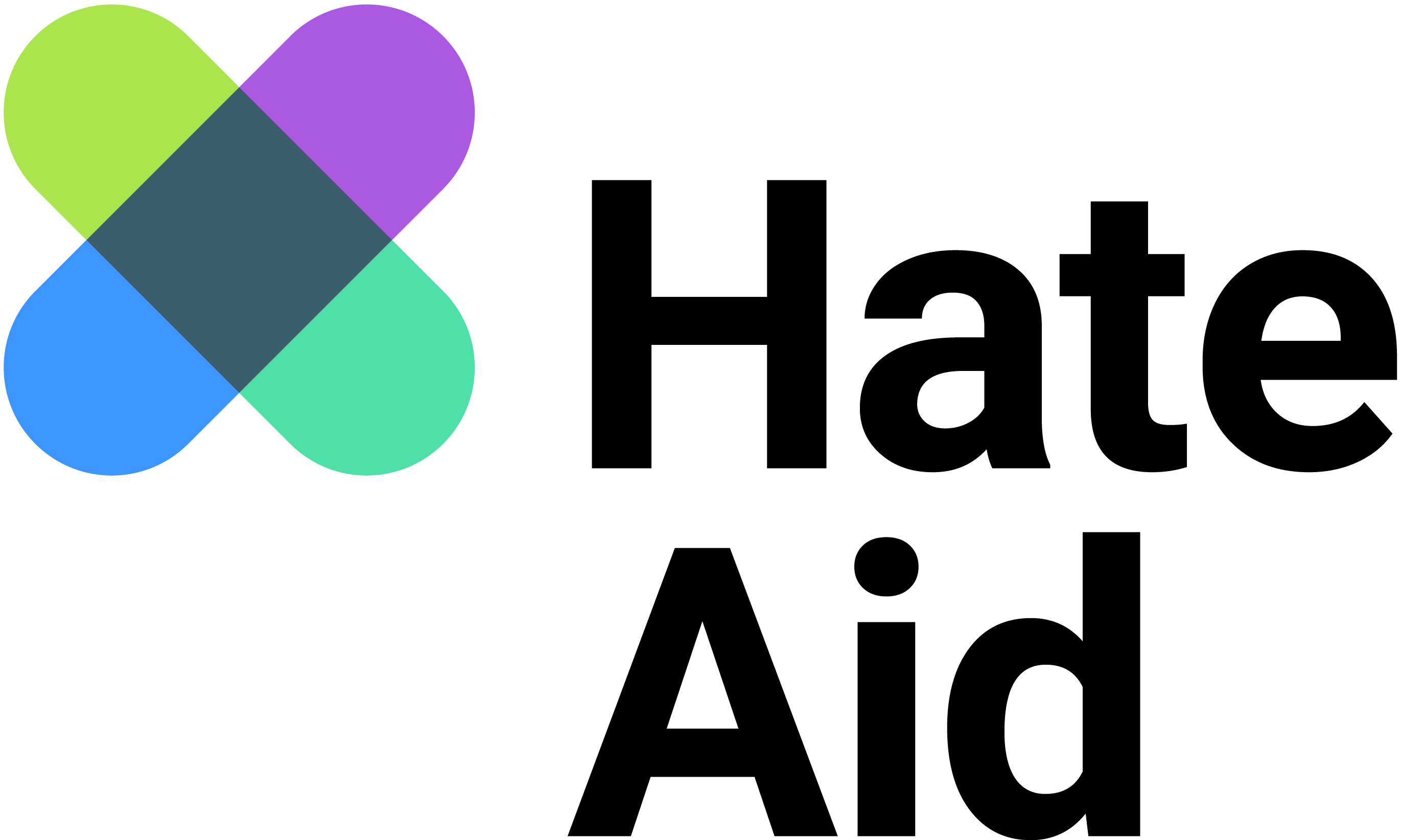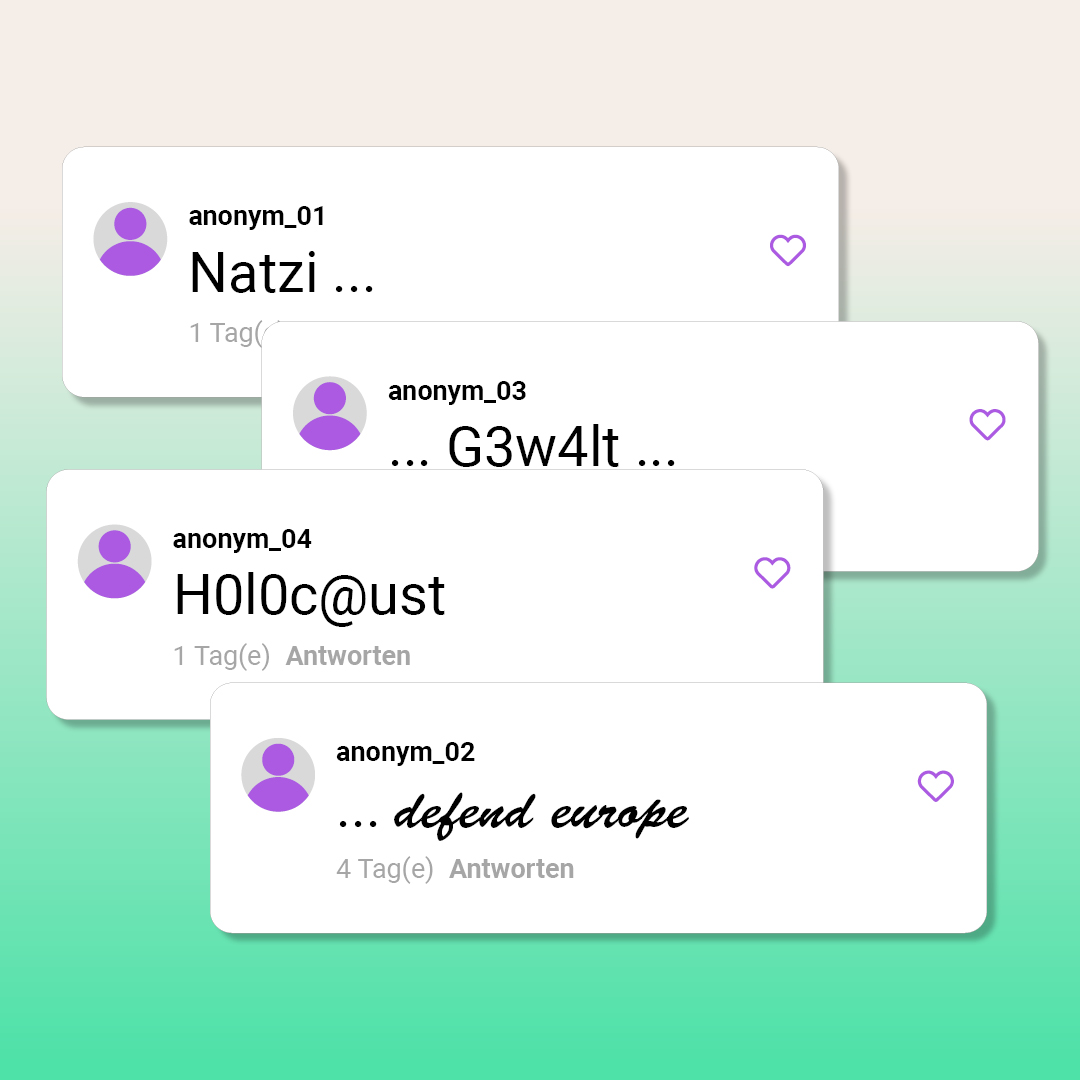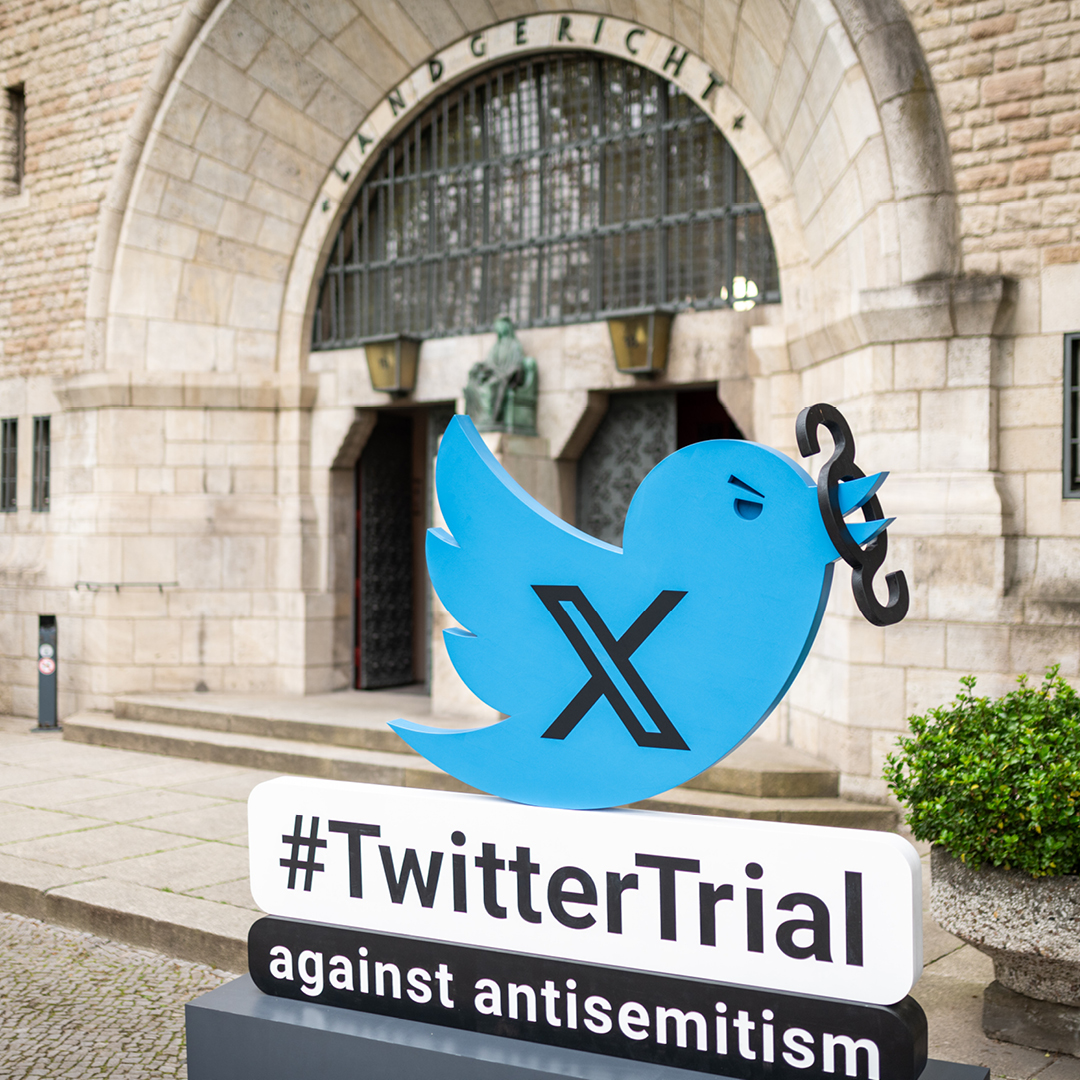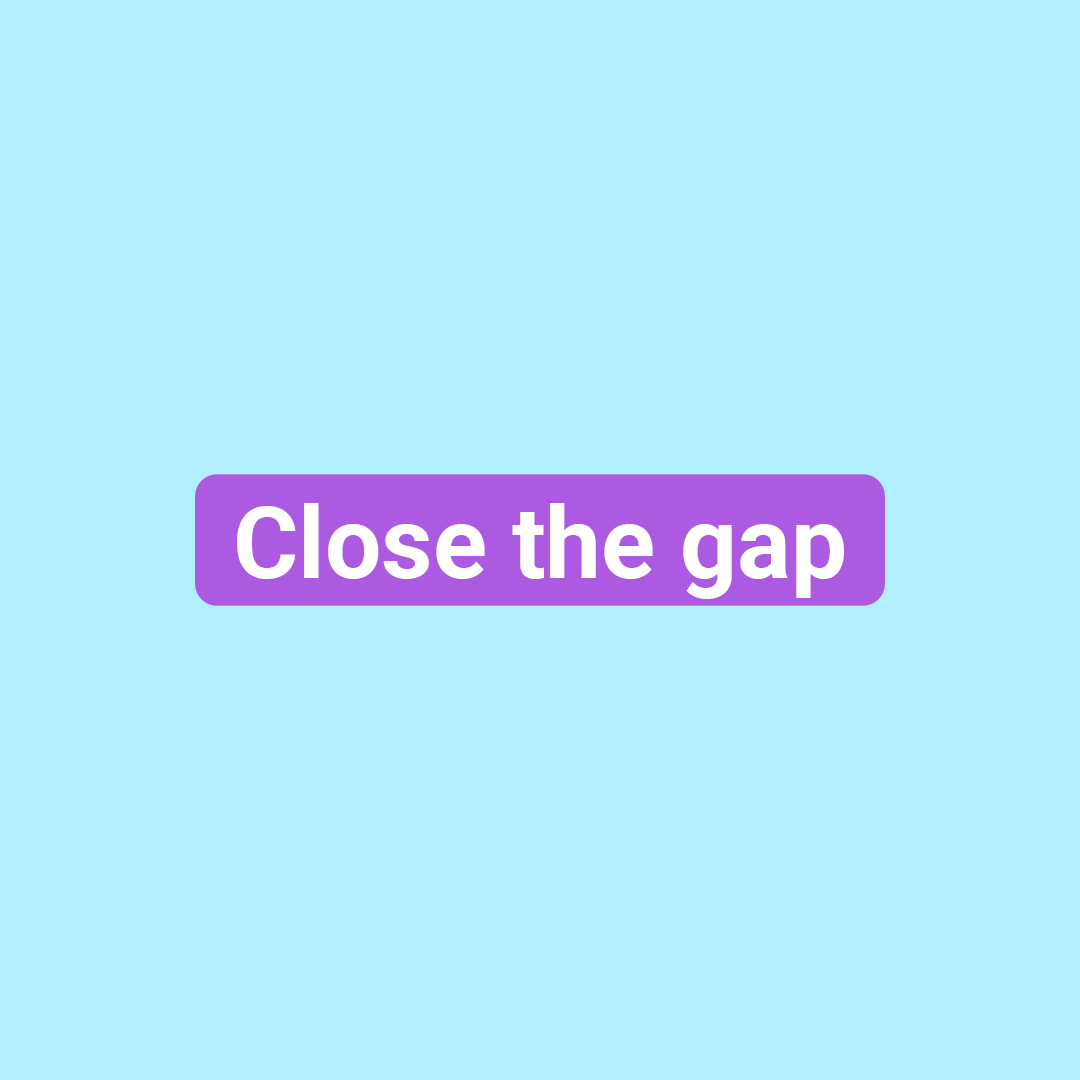Digital Services Act brings new rules for TikTok, X and Co.
HateAid shows what rights users now have
As of today, the European Digital Services Act (DSA) – the EU’s “Internet Bill of Rights” – will apply to very large online platforms such as Instagram, TikTok or X. This also means new rights for users. The non-profit organisation HateAid explains this in a guide.
Last year, the European Union agreed a comprehensive set of rules to create a safer digital space with the Digital Services Act. It makes digital service providers, such as online marketplaces, search engines and social media platforms, more accountable. Platforms that allow users to spread their own content will have to comply with the DSA within the EU from 18 February 2024. For very large platforms with at least 45 million active users per month, these rules already apply from today. This includes the social networks Facebook, Instagram, LinkedIn, Pinterest, Snapchat, TikTok, X (formerly Twitter) and YouTube. The Network Enforcement Act (NetzDG), which has been in force only in Germany since 2017, will thus be replaced by the DSA. In a new guide, HateAid explains what this means for users and what rights they now have vis-à-vis the platforms.
Anna-Lena von Hodenberg, CEO of HateAid, comments:
“Across Europe, we are seeing how digital violence and disinformation are dividing society and destabilising democracy. As of today, the Digital Services Act gives users across the EU new tools to defend themselves against this. It is important that we use them, report content to the platforms and actively demand our rights from the regulators. That is what they are here for. This is the only way we can get the platforms to finally live up to their responsibilities.”
What now applies to users under the Digital Services Act:
Platform reporting channels: The DSA requires platforms to allow users to report content directly to the platforms. This applies to potentially illegal content or violations of the internal platform rules. In case of doubt, these can also be reported anonymously.
Internal complaint mechanisms: If an online platform does not respond to a user’s report or rejects it, there are now ways to complain. For example, users can request a second review of their report up to six months after receiving the information about its rejection. Such a complaint can be made electronically and free of charge.
Trusted Flaggers: If a report was not successful, users can also contact specific civil society organisations. These so-called “trusted flaggers” have privileged reporting channels and can provide support in such cases.
Out-of-court settlement: For an independent assessment of the respective case, affected persons can also request an out-of-court settlement. This can be arranged by an independent institution, such as a non-profit organisation or a law firm.
Complaint to the Digital Services Coordinator: Each EU member state has one or more competent authorities for oversight of the Digital Services Act. One of these authorities is the Digital Services Coordination Service. These institutions will be designated by February 2024 at the latest. In Germany, this is expected to be the Federal Network Agency. If users feel that a platform is violating the DSA, they can turn to this Digital Services Coordinator. It can place orders and impose sanctions on the platforms.
Legal proceedings: Of course, it is still possible for users to assert their rights in court. If this involves the removal of illegal posts, they must first have reported them to the platform.
Contact points: Platforms must provide an easy-to-access electronic contact point that users do not have to search for. The contact point must be found close to the contact section on the online platform.
All new rules in detail, as well as tips and advice can be found in the guide published by HateAid.
HateAid gGmbH
The non-profit organisation HateAid was founded in 2018 and has its headquarters in Berlin. It advocates for human rights in the digital space and stands up against digital violence and its consequences at both social and political levels. HateAid provides concrete support to people affected by online violence in the form of counselling and litigation financing.
Press contact: presse@hateaid.org, Tel. +49 (0)30 25208837






